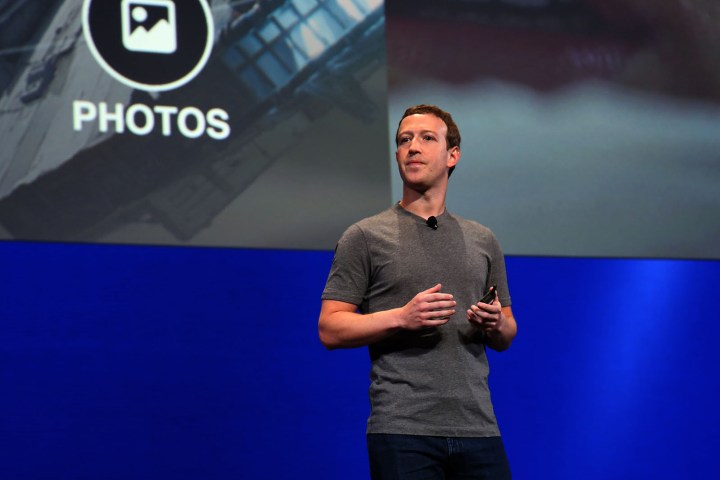
The confusion over Facebook and the Internet was first noted around three years ago in Indonesia, when an executive from LIRNEasia, a think tank, realized that Indonesians claimed to not have access to the Internet, but also spoke of their Facebook activity. It’s unclear if the relationships is best described as Facebook = Internet or Internet = null, but somewhere along the way, a key piece of information was lost in translation — you need the Internet in order to have Facebook. And perhaps more importantly, there is more on the Internet than just Facebook.
Across southeast Asia, researchers have now noticed that the number of self-reported Facebook users is sometimes double the number of self-reported Internet users. In Africa, similar trends have been observed, and a small study led by journalists at Quartz noted that 11 percent of Indonesians respondents said they used Facebook but not the Internet, and 9 percent of respondents from Nigeria also claimed Facebook but not Internet usage. More surprising still was that most of the people confused by the overlap (or lack thereof) of the two services were in their early 20s.
The misconception that Facebook is somehow the entirety of the Internet may be a bit amusing, but it’s also a bit troubling. Certainly, Facebook is capable of providing users with considerable amounts of information, but the way in which its presented and the sources it draws from — mostly users’ friends or acquaintances and advertisers, are by no means a representative sampling of the real capacity of the Internet. And particularly for people in developing and less-developed nations, the entire purpose of having access to the Internet is having access to more information — information that is not readily available on Facebook alone.
While Zuckerberg has called the Internet “an enabler of human rights” and a “force for peace,” Facebook’s surprisingly effective apparent quest for world domination may be undermining its higher purposes if people are blatantly unaware of the World Wide Web and its powers.
So let’s clarify: If you’re on Facebook, you’re on the Internet. And you may want to step outside your newsfeed for a while and look at all the other things the Internet has to offer.


